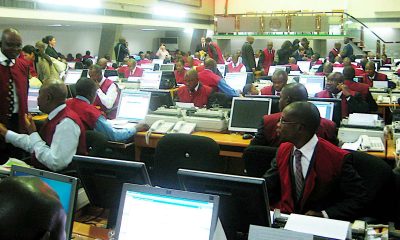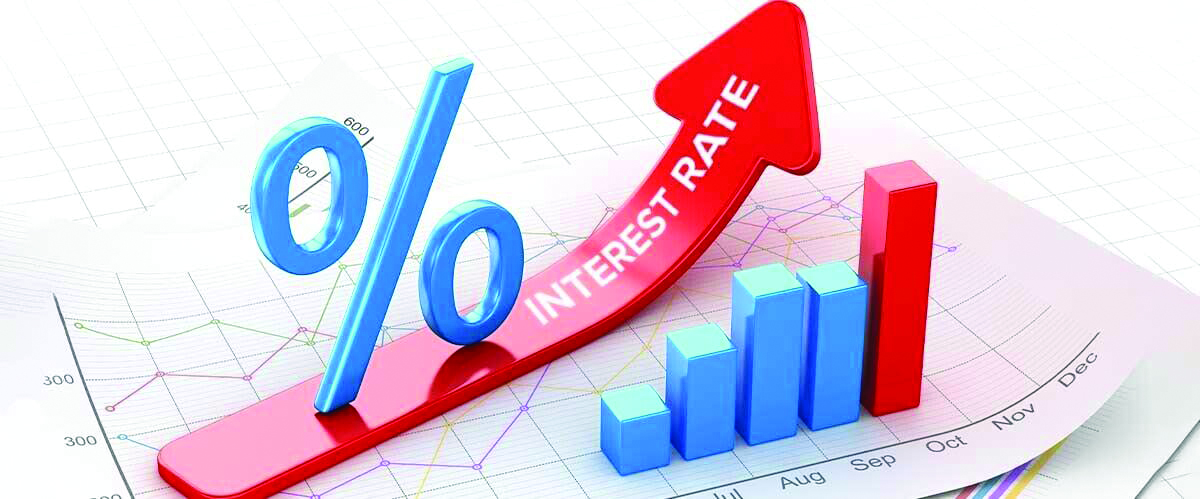Manufacturing companies in Nigeria have significantly reduced their debt burden by N1.62 trillion between February and June 2024, according to the latest data from the Central Bank of Nigeria (CBN).
This represents a substantial 14.85% decline in manufacturing loans amid escalating interest rates that have increased borrowing costs throughout the economy.
In February 2024, total credit allocated to the manufacturing sector reached N10.88 trillion, marking an increase of N860 billion from N10.02 trillion in January.
However, by June 2024, this figure had plummeted to N9.26 trillion, reflecting the sector’s struggle to manage higher financial costs following the CBN’s rate hikes. This decline underscores the adverse effects of tightening monetary policy on business operations.
The CBN’s first interest rate hike under Governor Olayemi Cardoso occurred in February 2024, as part of a series of measures aimed at curbing inflation.
The increased rates have forced manufacturers to reconsider their borrowing strategies, opting to repay existing loans rather than incur higher interest expenses.
As a result, manufacturers now account for 16.63% of total bank credit to the private sector, down from 17.68% in February.
READ ALSO: Nigeria needs more manufacturers than hotels – Customs boss, Ogbonna
Across the private sector, total loans also experienced a significant contraction, declining from N61.56 trillion in February to N55.71 trillion by June—a drop of N5.84 trillion. This trend indicates a broader tightening of financial conditions affecting various industries, not just manufacturing.
The CBN’s tightening of monetary policy has raised alarms among industry leaders about the potential stifling of economic growth.
Dr. Muda Yusuf, Director-General of the Centre for the Promotion of Public Enterprise (CPPE), urged the CBN to expedite development finance windows to alleviate the impact of high interest rates on businesses. “Single-digit interest rates are crucial for driving the Nigerian economy forward,” he stated.
Similarly, Alhaji Aliko Dangote, President of Dangote Group Industries Ltd, echoed concerns about the high-interest environment, asserting that “no economic growth will occur unless interest rates decline from the current 30%.”
He emphasized the need to protect local manufacturing industries to ensure sustainable economic development.
Despite the concerns, CBN Governor Yemi Cardoso has maintained that high interest rates are necessary to combat persistent inflation challenges, which include rising core and food prices.
Since Cardoso’s appointment, the Monetary Policy Rate (MPR) has been increased five times, culminating in a recent hike to 27.25%. This totals 850 basis points in increases aimed at stabilizing the economy.
Cardoso has stated, “Higher interest rates are a tool at our disposal to address the pressing issues of inflation. While we acknowledge the impact on borrowing, the priority remains stabilizing prices.”

 Latest1 week ago
Latest1 week ago
 Business1 week ago
Business1 week ago
 Latest1 week ago
Latest1 week ago
 Latest1 week ago
Latest1 week ago
 Business1 week ago
Business1 week ago
 Business1 week ago
Business1 week ago
 Football1 week ago
Football1 week ago
 Business1 week ago
Business1 week ago

